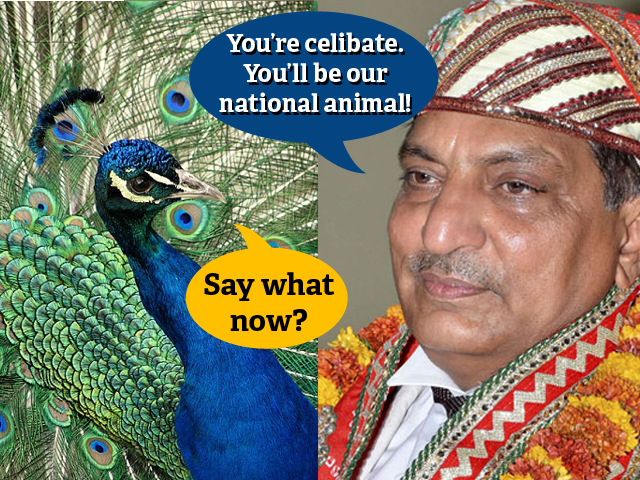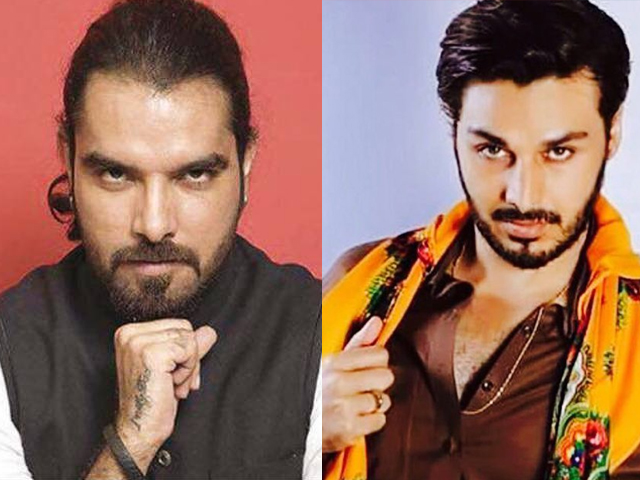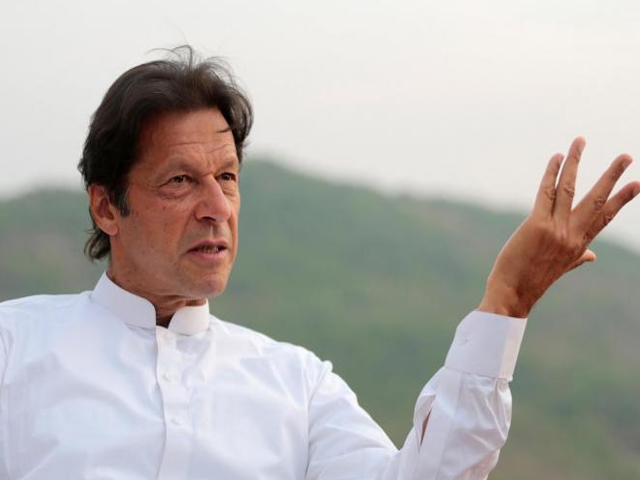
Unity, not uniformity
The couple was clubbed to death and their bodies were thrown in the kiln’s furnace to burn to ashes. She was...
We tend to accept unity as one of the fundamental guiding principles of Pakistan, without questioning what it means. The oft repeated, and clichéd, political slogan is that we need to unify the country. We all need to come together for Pakistan, but come together to what? Unify to become what?
The acceptance of the need for unity as a given truth, without questioning the very meaning of the word itself has led to a perverted understanding of the word. Unity seems to be understood to mean uniformity; a society where dissent is not accepted, any person holding an opinion contrary to the popular one is labelled as being anti-state.
The abuse of the word to further didactic political ideologies has led to violence in Pakistan against people not seen as part of the unified whole; the minorities, the people on the fringes of society. The Hindus and Sikhs in 1947, the Bengalis in 1971, the religious minorities since then have all suffered mob violence.
A Christian couple was burned to death on Tuesday but the news hardly surprised anyone. According to The Express Tribune report, Shama, known as Saima in the village, was caught burning garbage which had papers with verses of the Holy Quran on them. The rumour spread like wild fire and reached the local imam of the mosque who incited to take action against the couple on the grounds of blasphemy. The couple was clubbed to death and their bodies were thrown in the kiln’s furnace to burn to ashes. Shama was four months pregnant at the time of her murder. Last night, a policeman used an axe to kill a 50-year-old man from the Shia sect in custody for allegedly committing blasphemy.
People being burnt by angry mobs in Pakistan are no more a travesty; they have become a mere statistic, a growing list of people let down by our country. Somewhere along the line, we were made to be afraid to be other. Intrinsic to our preaching of unity was the idea that to be different was to be made. Quaid-e-Azam’s novel idea became a political tool to an Orwellian degree.
It is highly problematic to define what it means to be Pakistani in exclusionary terms. There is uproar on both sides to be either or, to be either secular or religious, to be liberal or fundamentalist, to be green or white.
Despite pre-modernism causing a collapse of binaries, and grand narratives, over a century ago, why do we strive for the need to define ourselves as a unified whole. The question is not how we can all become one but rather how we can stay who we are, and continue to live together without our Pakistani-ness being questioned for our opinions, or beliefs.
Our nation is one, but our people do not need to be one. The idea that every person living in Pakistan should be cloned from a political demagogue’s idea of an ideal Pakistani is not unity, but rather uniformity.
Pakistan is a country of a diverse group of people, we speak hundreds of languages, sing millions of songs. As our clothes differ from the peaks of K2 to the port of Gwadar, so do our opinions and beliefs. Just because a belief, or opinion, exists as a minority does not mean that opinion, or belief, does not belong in Pakistan. A part of true unity is not only accepting but celebrating our differences. The cornerstone of a civilised nation is the ability to encourage public discourse, but respecting disagreements.
Let us not take the green and white divide on our flag so literally, the white is as much green as any of the green. If we lack the institutional capacity to prevent instances of mob violence in the country, let us not lack the moral capacity to universally condemn them too.
If a community is to be understood akin to the human body, where one part feels the pain of another part, then every single part of the body is as much a part of it as any other. The toenail and the pinkie finger look completely different, serve completely different purposes and if they were to have opinions, they would probably disagree, but they form the part of the same body. And somehow, they have figured to live together on the same foot. All the fingers act in unity, but they are not uniform.
When we start encouraging public discourse on truths that we take for granted in our society, we will start asking questions of our behaviour. I do not know what Quaid-e-Azam specifically meant when he asked for unity, but I do know what he did not mean. He did not mean a society where we encourage everyone to be the same. The true mark of unity is to find a reason to be together, when nothing about two is the same. If we are to live in a Pakistan with unity, we must drop the ideas of uniformity and celebrate our diversity, rather than challenging it.




COMMENTS (12)
Comments are moderated and generally will be posted if they are on-topic and not abusive.
For more information, please see our Comments FAQ